Students joining public universities will have to cough Sh48,000 after the State proposed fees increment to deal with the financial challenges besieging the institutions of higher learning.
Some 35 Vice Chancellors from public universities across the country resolved to increase fees from the current Sh16,000 to Sh48,000 for the next cohort of government-sponsored students joining the institutions of higher learning in September.
However, continuing students will continue paying Sh16,000.
In resolutions passed during the end of the biennial Kenya Universities Fund conference in Mombasa, the 35 Vice Chancellors from public universities and State officials from the Ministry of Education and Treasury, resolved to increase fees to curb the challenges in the institutions.
The institutions have accrued debts amounting to Sh60.6 billion in staff pensions and statutory deductions such as Pay As You Earn and National Hospital Insurance Fund (NHIF). The figure has been growing due to interest.
In resolutions read by the Universities Fund chief executive officer Mr Geoffrey Monari, the dons agreed to save the institutions from the financial cash crunch.
“This is only for first years who will be joining universities from September, continuing students will not be subjected to any fees increment,” said Mr Monari.
A cabinet memo will be sent by March for approval of the fee increment.
The dons led by the chairman of the Public Universities Vice Chancellors Committee, Prof Geoffrey Muluvi, urged the state to change financing models under the differentiated unit cost (DUC) from 48 percent to 65 percent.
Other resolutions include a write-off of the Sh18 billion Pay As You Earn (PAYE), remittance of the Collective Bargaining Agreement (CBA), and the pending bills.
“We will prepare a cabinet memo by March 31st to request the National Treasury to propose how we can clear the outstanding pension bills. On PAYE we shall be seeking a write-off in the same cabinet memo and for the monies not remitted on the CBAs we shall ask for it,” said Mr Monari.
Higher Education and Research Permanent Secretary Dr Beatrice Inyangala who closed the two days meeting urged the vice-chancellors to make the difficult decision of increasing fees.
In the heated meeting to deliberate the fee increment, the PS said the stakeholders must make decisions however difficult.
“I heard your cries. Every student who got a C (+) plus and above goes to university some may have to pay for themselves and some the government will pay for them. As a state we only have Sh15 billion, that’s why we called the Treasury to make a statement. Difficult decisions have to be made,” said Dr Inyangala.
In their deliberations, the varsity bosses blamed lack of funding from the state, low enrolment, scrapping of parallel programs, and accrued debts amounting to Sh60.6 billion in staff pensions and statutory deductions such as Pay As You Earn and National Hospital Insurance Fund. The figure has been growing due to interest.
“We are not the cause of the woes besieging the universities. The level of debt was not created by mismanagement but through underfunding. As we sort it out we will be able to put more tangible measures. What we are doing in terms of laying off staff requires money and if you don’t have funds how do you lay off staff? They will take you to court and win,” said Egerton University Vice Chancellor Prof Isaac Kibwage.
Prof Kibwage, whose university is among those grappling with huge debts, urged the state to fund the institutions with enough resources to rightsize.
“We can send you home and hire people with expertise, right sizing is not necessarily declaring redundancy, it’s towards reducing costs. We want departments to be more efficient, so if you have three people who are not efficient I can let all of them go and employ one person who can do the jobs of the three,” he said.
Prof Kibwage said he has 1495 staff about 500 teaching staff.
The chairman of the Public Universities Vice Chancellors Committee Prof Geoffrey Muluvi urged his colleagues to come up with innovative approaches to sustainable financing in the institutions of higher learning.
Prof Muluvi said in recent years, financing sustainability has become the single biggest existential threat faced by universities globally.
The dons blamed the trend of declining financial sustainability including the change from financing payrolls to a differentiated unit cost (DUC) funding model as the root causes behind their financial woes.
Prof Muluvi who is also the vice-chancellor of South Eastern Kenya University said the change from financing payrolls to DUC. Underfunding based on DUC from 80 percent to about 40 percent, accumulation of debts especially payroll related due to unfunded CBA’s, near death of module two program as a result of poor performance in the country.
The vice chancellor said before the DUC was introduced the institutions were funded using the payroll.
“You took your payroll to the Ministry of Education and you get the money to pay employees. But from 2016 a lot of challenges were witnessed, the University of Nairobi vice chancellor Prof Stephen Kiama told me the capitation they were given before DUC was introduced they are not getting today despite several years of increment which brought a lot of challenges in big universities because the funding was pegged on the number of students,” said Prof Muluvi.
The don said they were happy with DUC however it was short-lived when funding decreased from 80 percent to 48 percent leading to accumulated debts.
Kisii University don Prof John Akama said the Sh44 billion funding from the state is a drop in the ocean.
“Universities are getting less funding over the years. There are about 10 vice-chancellors who are going to retire they are the founders of those constituents colleges, and they have built those institutions struggling with minimal financing and firefighting including Chuka, JKUAT, and Kisii universities and sadly they are retiring and going silently into oblivion,” said Prof Akama.
He said he has helped grow his institution from 300 students to over 20,000.
“Retiring Vice Chancellors goodwill token,” added the don.
Nation

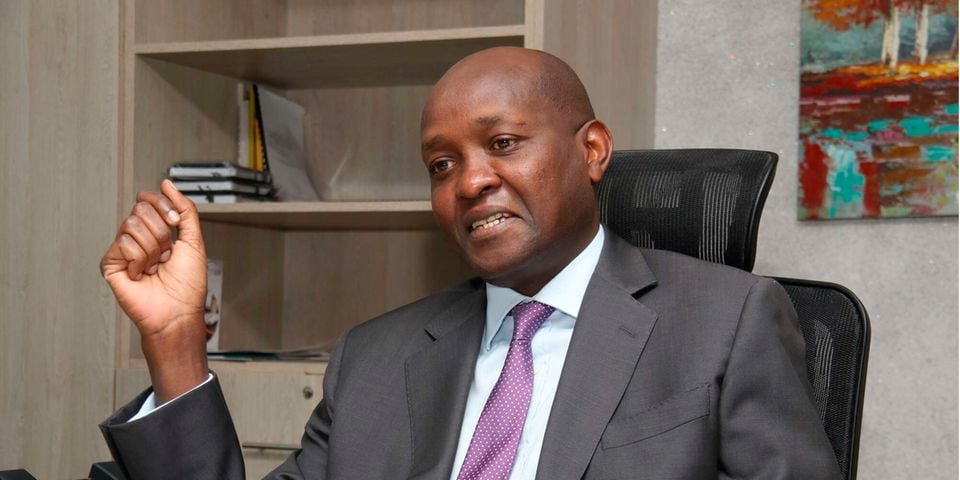



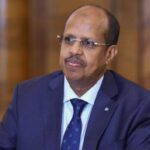

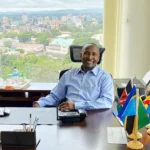








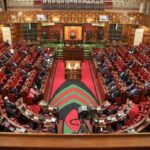




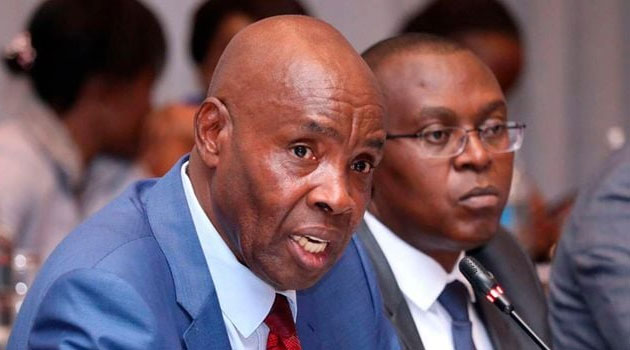

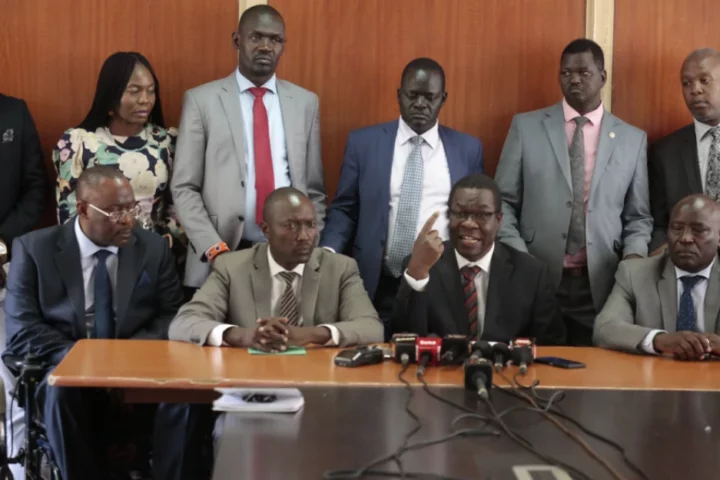

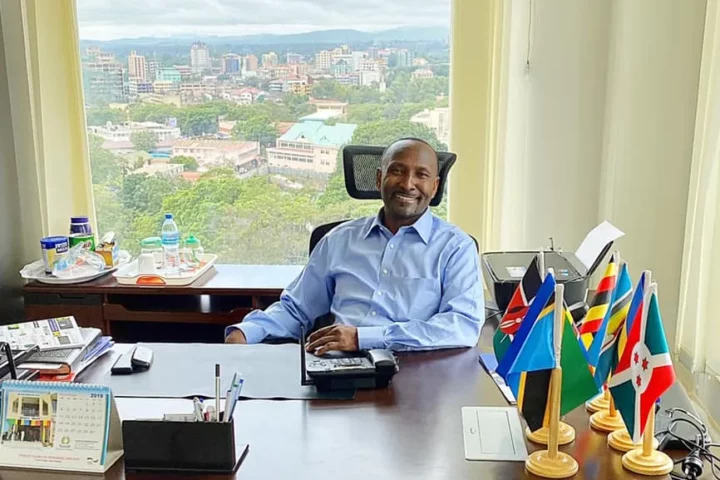
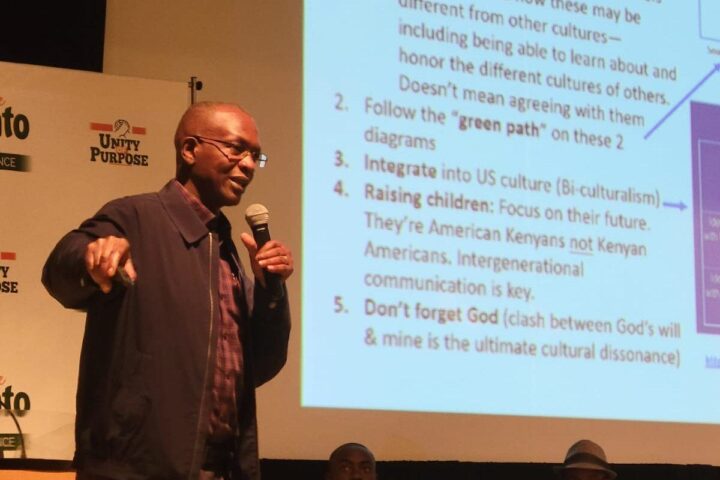
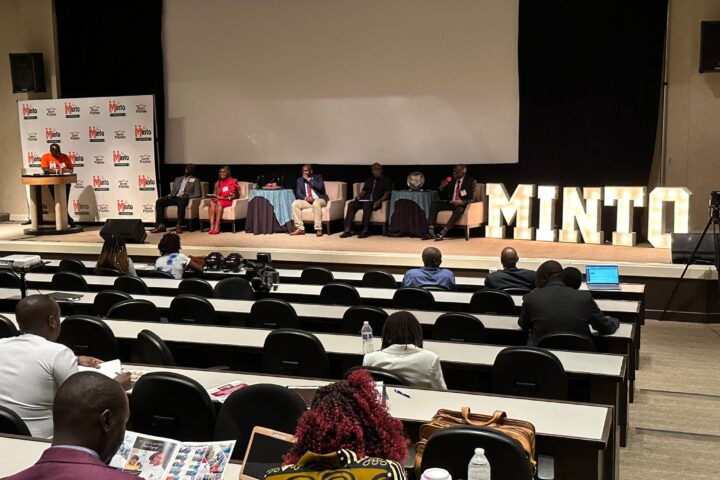

[…] Should Parliament approve the proposal, this could also have a ripple effect of many students missing out on university education due to the limited slots available in public universities. […]
[…] Laban Ayiro, the vice-chancellor (VC) of Daystar University, warns of an academic capture in Kenya’s public university education, which has eliminated merit in appointments and given room to […]